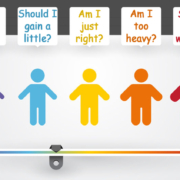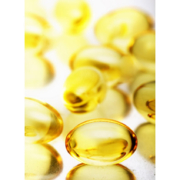Fish Oil: Medication versus Supplements
Before I address the concerns about fish oil supplements put forth by the Vascepa® prescription omega-3 website, it’s important to understand that all prescription and over-the-counter medications have been approved by the U.S. Food and Drug Administration (FDA). That means they have spent a significant amount of money—sometimes over $1 billion—to prove that the treatment claims are significant, and you can’t take that away from them. But marketing is a different story, so let’s look at what they say.
“Fish oil supplements are not FDA-approved.” True; no dietary supplement is FDA-approved, but that doesn’t mean they’re not regulated. They also can’t make claims about curing diseases.
“Daily dose could require 10 to 40 capsules to equal the prescription EPA omega-3.” That depends on the brand purchased, so that critique is weak.
“Fish oil supplements can leave a fish-y aftertaste.” Really? It’s fish oil, what would you expect? (Keeping the supplements in the refrigerator may help with that as well as taking fish oil before meals.) They suggest that the oils turn rancid and that causes the taste, but they offer no proof of that claim.
The last critique they make of fish oil supplements is that “Many contain another omega-3 fatty acid called DHA.” They say DHA can raise LDL cholesterol. I’ll address that claim and provide some concerns I have with the prescription omega-3 and how it’s being marketed on Saturday.
What are you prepared to do today?









